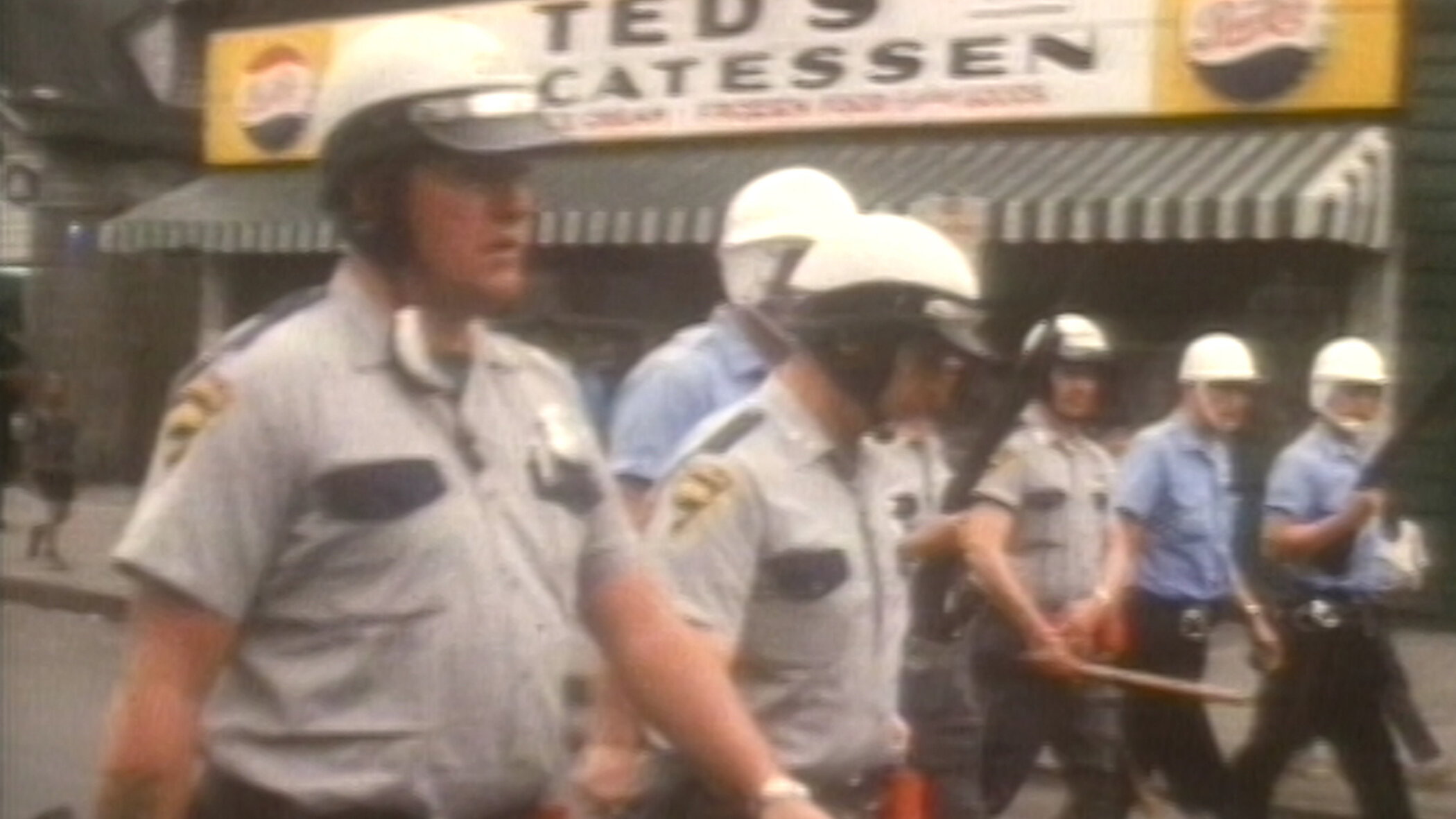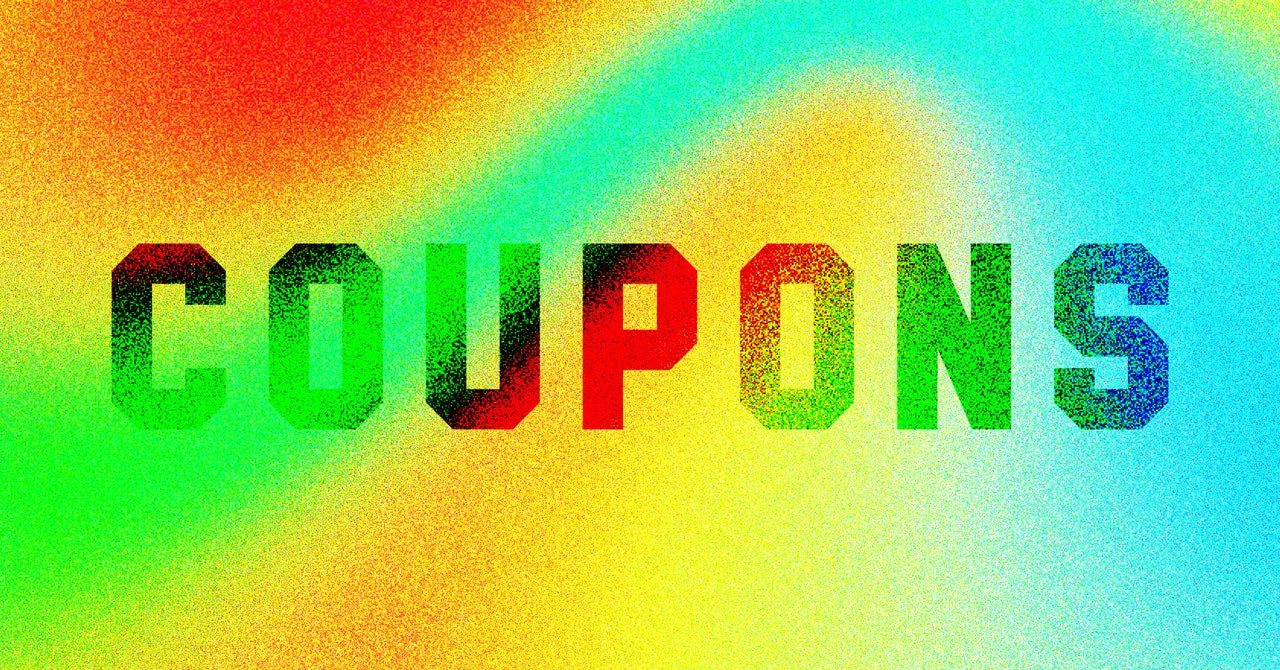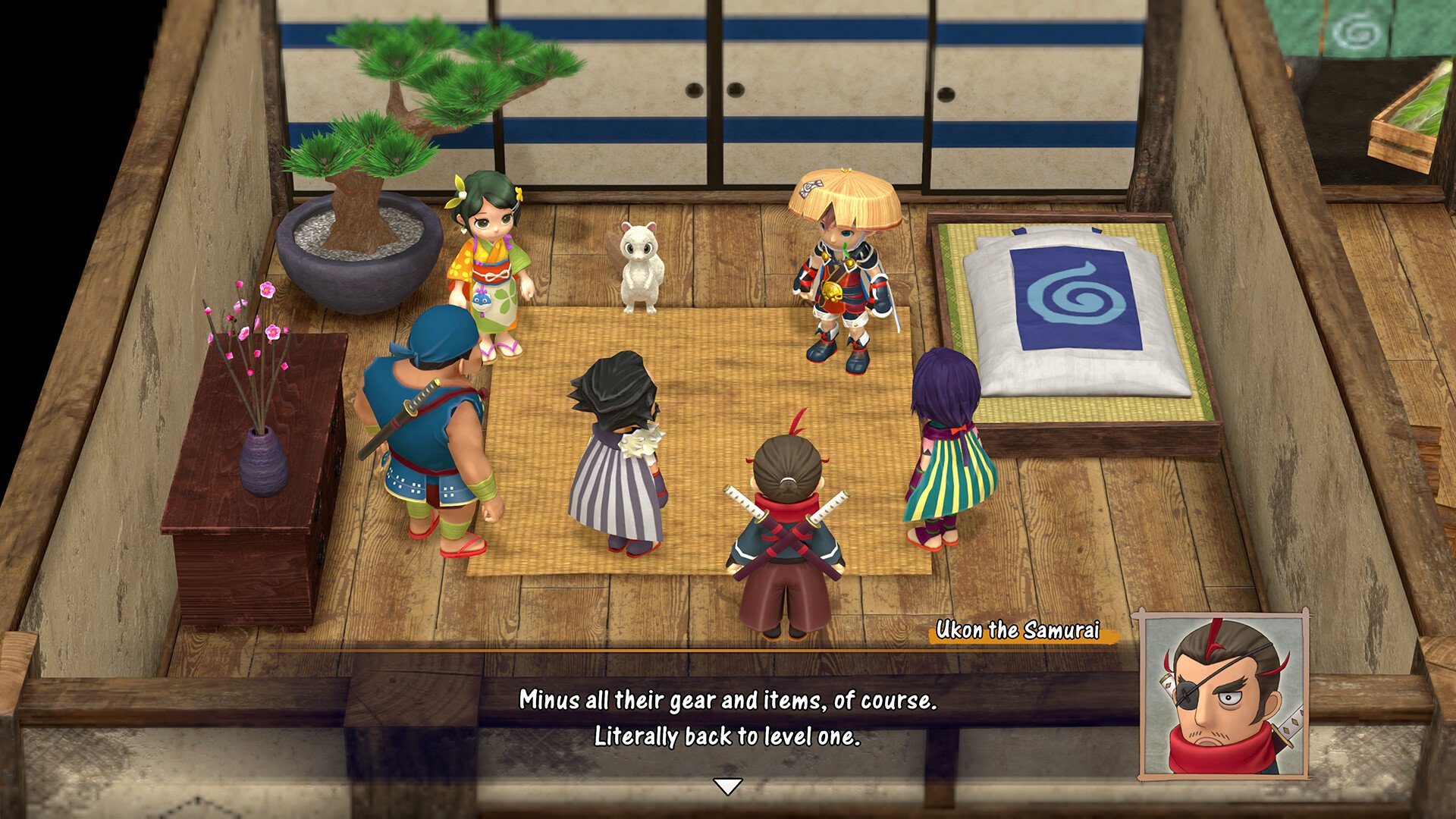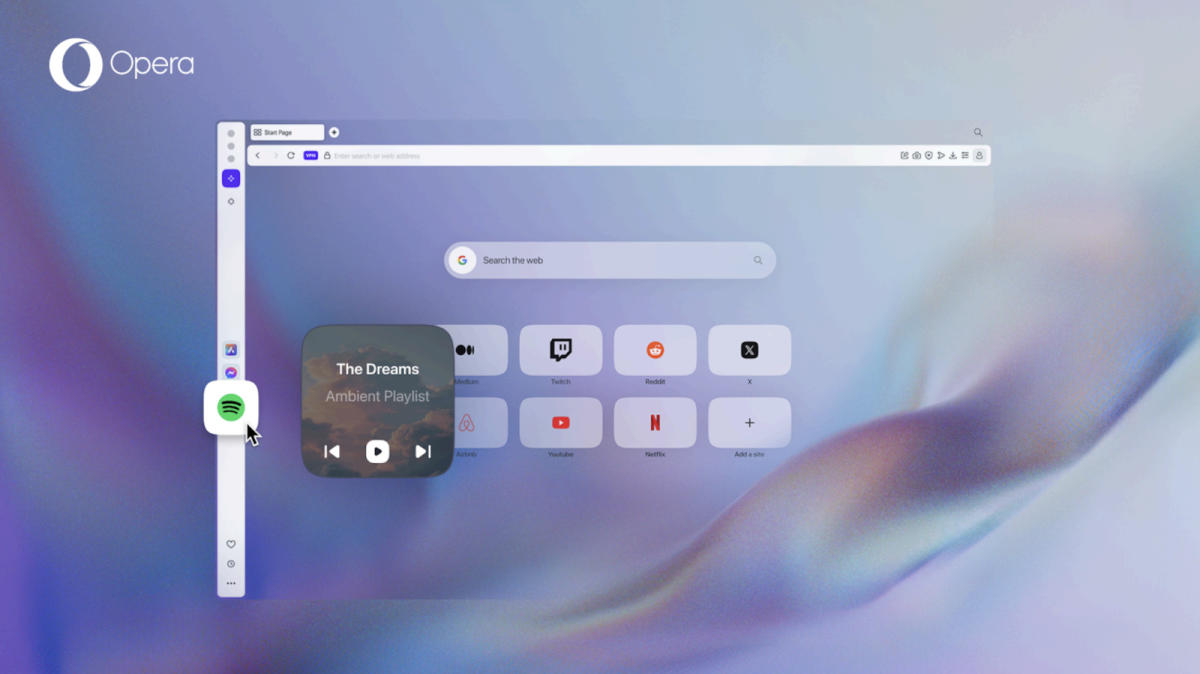For being as necessary as they are to the orderly functioning of society, policemen and women in the US are some of the most convenient punching bags and targets of activist ire. I say this, having just watched the not-at-all academic or unbiased trailer for Netflix’s upcoming documentary Power — and as someone whose city is still reeling from the fatal shooting of a cop, who died after being shot at by two criminals who should have been in jail but for a no-bail judicial ruling that put them back out on the street.
Cloaked in the veneer of a “documentary,” Netflix’s Power presents cops as more or less marauding bandits, in search of easy targets to prey on. At one point in the trailer for the film (which hits Netflix on May 17), a voiceover intones that the history of policing is inextricably linked with “wealth, colonizers, and whiteness” — obviously, a clear bid to make this as objective of a study about policing as possible.
Ask a sane person what the job of a policeman is, and the answer you get in response will no doubt make reference to the maintenance of public order and safety within a jurisdiction. Keep that in mind, meanwhile, as you read the following Netflix summary of Power, which comes from former PBS producer Yance Ford:
“In the United States, police have been granted extraordinary power over our individual lives. The police decide who is suspicious and who ‘fits the description.’ They define the threats and decide how to respond. They demand obedience and carry the constant threat of violence. Thousands of these interactions play out in our cities and towns every day, according to real and perceived ideas of criminality and threats to social order — as decided by the police. Police make the abstract power of the state real.”
The streaming giant goes on to describe the documentary as part essay, part interview, and part archival collage. “Power,” Netflix continues, “uses historical materials to illustrate our contemporary realities and examines urgent questions about a growing and largely unchecked authority — who is policed, who is protected, who gets to decide, and why.”
I don’t know, you guys. It’s still early, but Power looks to me like an easy contender for the most woke Netflix release of 2024.










